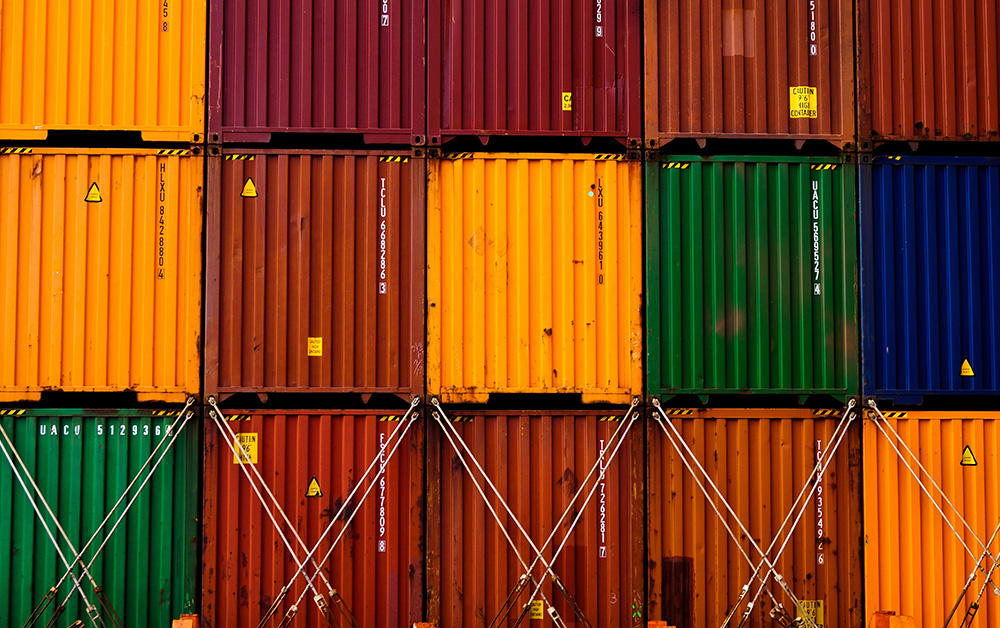Tariffs have been commanding global news headlines for well over a year. With the uncertainty of recently added Section 232 and 301 Tariffs, many companies are looking at the FTZ program to assist their company with savings. It can be difficult for business owners to stay abreast of the latest negotiations and potential repercussions for their companies. What often gets lost is the ability of manufacturers and other business owners to benefit from foreign-trade zones (FTZ). For example, did you know you can hold goods in FTZs without paying tariffs until they are released into commerce? It helps to understand exactly what an FTZ is and who can benefit from them.
Foreign-trade zones are secure areas under the supervision of U.S. Customs and Border Protection (CBP). Foreign and domestic merchandise can be moved or admitted into a FTZ for storage, assembly, manufacturing and processing without incurring payment of duties until it enters CBP territory for domestic consumption. If the goods are manufactured, upon entry the importer can pay duties on either the component materials or the finished product. An importer can avoid paying U.S. duties, fees, anti-dumping (AD) and countervailing duties (CVD) if the goods are admitted to a FTZ and ultimately exported.
FTZ Benefits
There are a number of advantages for certain businesses by designating and activating a FTZ.
Direct Delivery
- Reduce Inventory Cycle Time
- Streamlined Logistics
- Lower Storage Fees
Weekly Entry
- Less Paperwork
- Single Merchandise Processing Fee
Inverted Tariff
- Duty can be entirely eliminated if the imported dutiable goods are manufactured within the FTZ into a duty-free finished product.
Duty Deferral
- FTZ user can defer payment of duties and fees by storing merchandise within a FTZ, including Trump Tariffs and anti-dumping (AD) and countervailing duties (CVD).
No Time Restrictions
- Merchandise can remain in a zone indefinitely, whether or not it is subject to Customs Entry.
Duty Elimination/Minimization on Exports
- Duty can be entirely eliminated on manufactured goods ultimately exported to non-NAFTA (possibly USMCA) countries.
- Duties can be lowered on manufactured goods that ultimately exported to NAFTA (possibly USMCA) countries.
- Duties can be entirely eliminated on goods that are imported and exported same condition.
Quota Avoidance
- Typically, imports subject to a quota may be retained within an FTZ once a quota has been reached.
Production Equipment
- Equipment to be used in FTZ manufacturing can be brought into a FTZ, assembled and tested prior to filing Customs Entry.
- Duty on production equipment is not paid until the equipment is to be used for manufacturing activity.
Against the backdrop of tariff uncertainty, FTZs may offer your business a number of advantages. If you manufacture, assemble or kit with imports, or regularly pay more than $508.70 per week in merchandise processing fees, you may want to consider FTZs—especially if you find you are waiting a long time for your imports to be cleared by U.S. Customs. Additionally, if many of your goods are subject to a quota, or you sell imported products to companies that reside in FTZs, you may benefit from a FTZ strategy. It can take between three and nine months to designate and activate an FTZ, so you will need to plan accordingly.
Is an FTZ Right for You?
To learn more about FTZ benefits, setup and ongoing costs, contact Elaine Boch at 816-743-7700 or email Elaine.

